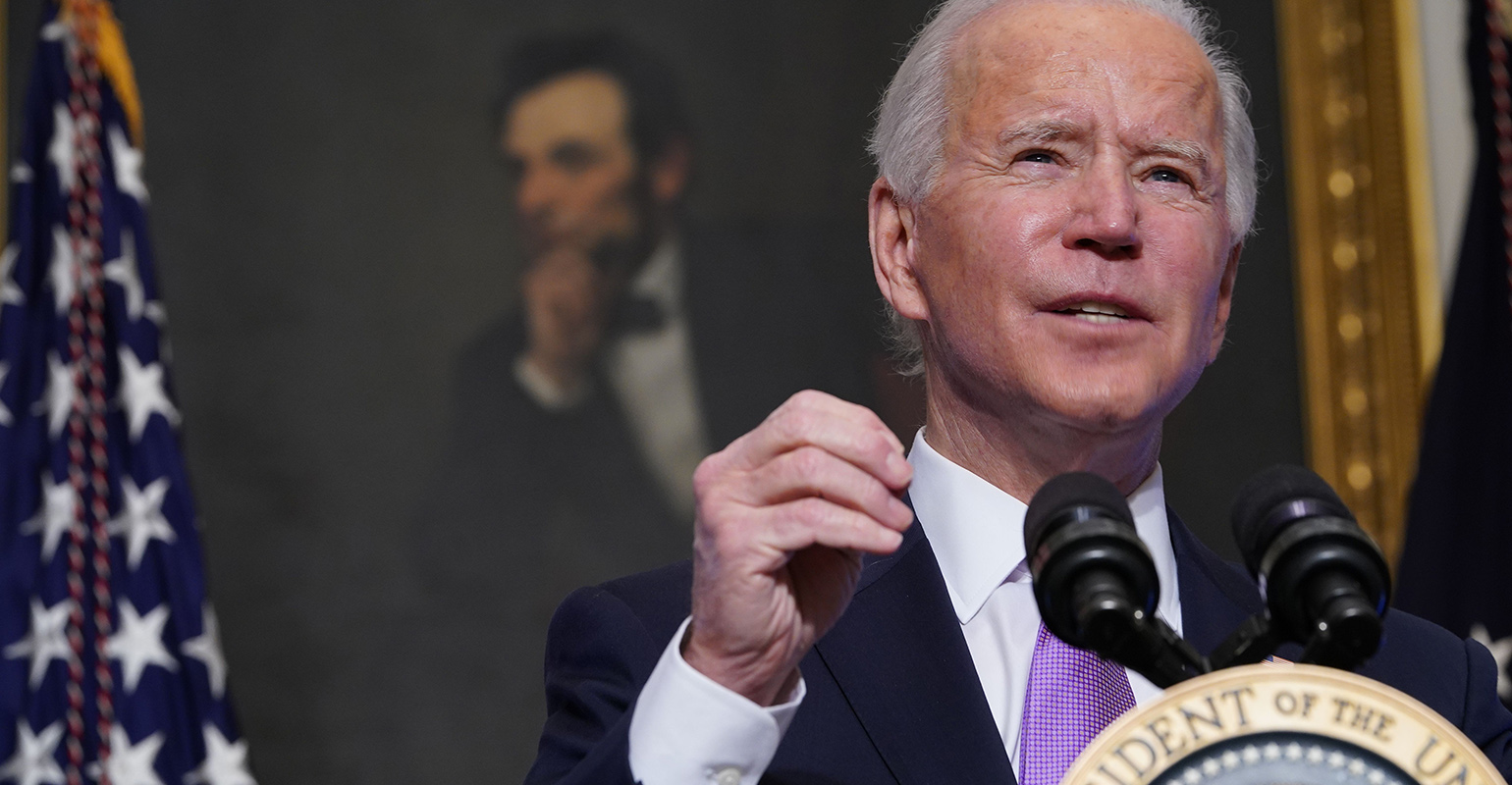How Biden’s Billionaire Minimum Income Tax Will Affect the Rich
(Bloomberg) — US President Joe Biden’s proposal for a “billionaire minimum income tax” has raised many questions among America’s super-rich and those who advise them.
Chief among their concerns: How will this work in practice, and what are the chances that it will actually become law?
The plan, which would tax the appreciation of financial and business assets owned by people worth more than $100 million, has strong support among many Democratic voters. It could generate hundreds of billions of dollars in new revenue from a group that has traditionally used tax laws to reduce its Internal Revenue Service payments.
This is a new iteration of an old idea. A decade ago, President Barack Obama introduced the so-called Buffett Rule, named after Warren Buffett, after the billionaire said the law allows him to pay a lower tax rate than his secretary.
Biden’s proposal would only affect a sliver of Americans. Still, it’s unlikely to be passed in Congress anytime soon, where Democrats have little margin, as many liberal lawmakers are concerned about such a massive tax overhaul.
Here are answers to some of the most pressing questions on Biden’s billionaire tax.
How will the tax work?
The proposal would require that taxpayers with a value of more than $100 million pay a minimum of 20% each year on their capital gains, regardless of whether they sold the assets for a profit or continued to hold them.
Currently, taxes are only payable when a profit is “received”—in other words, after selling a stock or stake in a company. Under Biden’s plan, wealthy individuals would also have to pay tax on the unrealized gains of their wealth, a change that would affect long-standing tax principles.
The proposal would require taxpayers to track and report their total assets and profits to the IRS each year. This will allow the tax payment on the unrealized gain to be spread out over several years. Those with non-cash holdings such as business or real estate will not have to pay full tax on gains until they are sold, but they will have to pay a deferred fee each year.
How many people will pay this tax?
The wealth limit of $100 million means the richest 0.01% of Americans – about 20,000 households – will pay this tax.
The White House estimates it will generate about $360 billion in revenue over a decade, of which more than half will come from households with more than $1 billion.
How do the rich evade taxes now?
The IRS code currently only taxes income, not gains in stock portfolios or overall wealth, and many of the richest Americans have very little income each year relative to their overall fortunes.
Mega-millionaires and billionaires have the flexibility to choose when they sell their holdings and can offset taxable gains with losses, deductions or other benefits. Many often don’t need to sell – or at all – because they can borrow against their funds when they need to use cash instead.
This means that the richest Americans can often defer IRS liabilities for many years and sometimes indefinitely.
Why is this idea gaining popularity?
Proponents of taxing unrealized gains say the current tax code has one set of rules for most Americans who are regularly taxed through paycheck withholding, and another for the wealthiest who choose to do so. when or what they pay.
A White House report last year found that billionaires pay an average tax rate of 8.2%, which is much lower than the middle class. Democrats who support the idea argue that it is a way to fund new investment in the climate, child care and health care sectors. Senate Finance Committee Chairman Ron Wyden is working on proposals similar to Biden’s and is acting as an advocate for the idea.
What is the argument against this plan?
Opponents say it would retain the long-standing rule that tax income is realized only once. Republicans and some Democrats say it is unfair to tax so-called phantom income, or profits on paper where there is no cash.
Tax pros say it will be an administrative nightmare for both the IRS and tax payers, and there will be lots of fights over the value of hard-to-find assets. Legal scholars have also questioned whether it is constitutional.
How does it compare to the property tax?
Senators Elizabeth Warren and Bernie Sanders both raced on the idea of a wealth tax during the 2020 Democratic presidential primaries.
It goes a step further than Biden’s latest plan and would not only tax unrealized gains, but also impose an annual fee on the entire accumulated wealth of the richest Americans.
Biden rejected a one-time wealth tax during the campaign, but the ethos of taxing billionaires has since become a major policy priority for Democrats.
What Are the Political Prospects for Taxing a Billionaire?
In the short term, not great.
Within hours of the release of Biden’s proposal, Senator Joe Manchin, a Democrat who often has a swing vote in the chamber, dismissed the idea, calling it “tough.” He said he prefers other methods of taxing the very rich.
In the long run, the idea of taxing unrealized gains is likely to become a common practice in democratic politics. The concept has gone from popular thought to a mainstream democratic policy popular among very progressive lawmakers in just a few short years.
To contact the author of this story:
Laura Davison in Washington [email protected]





